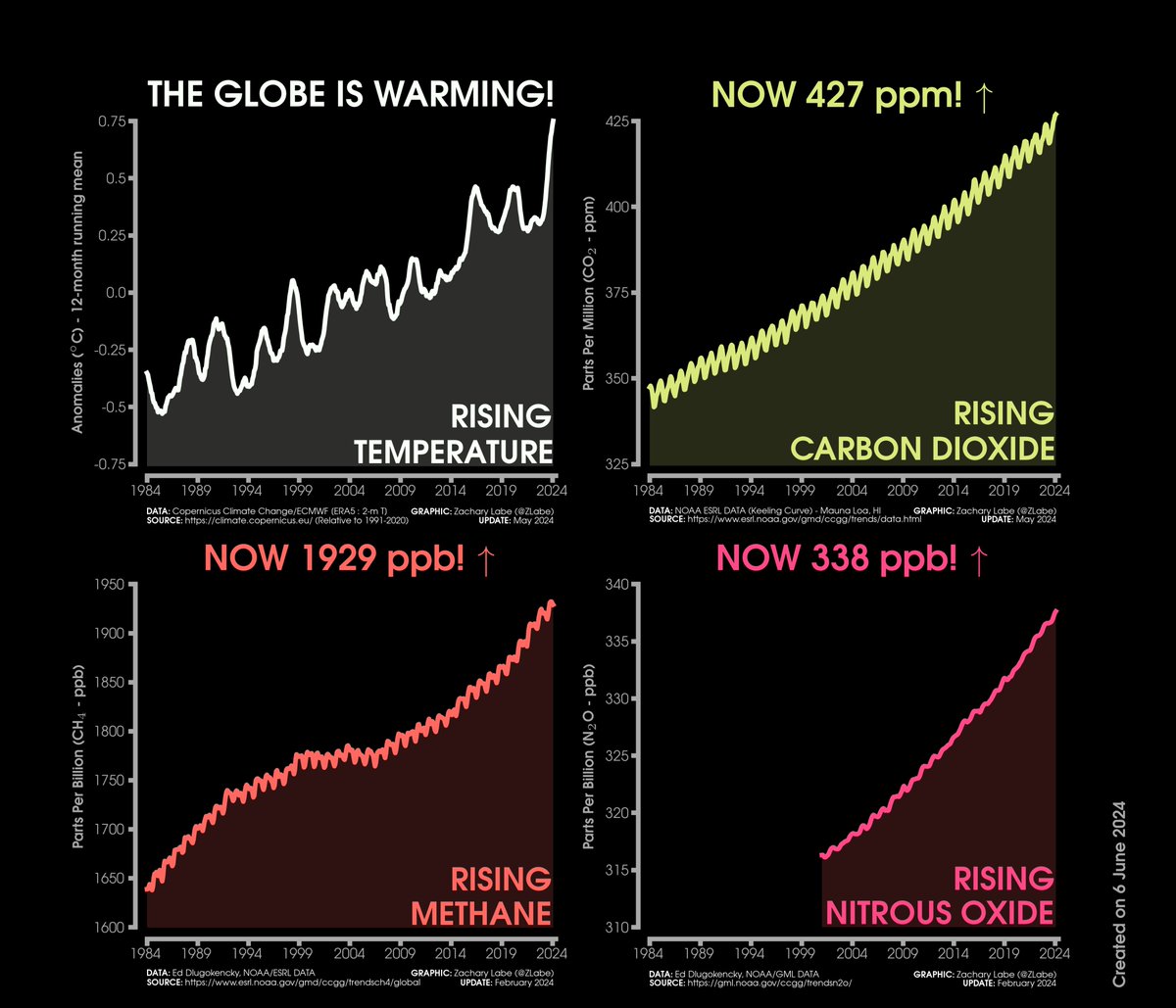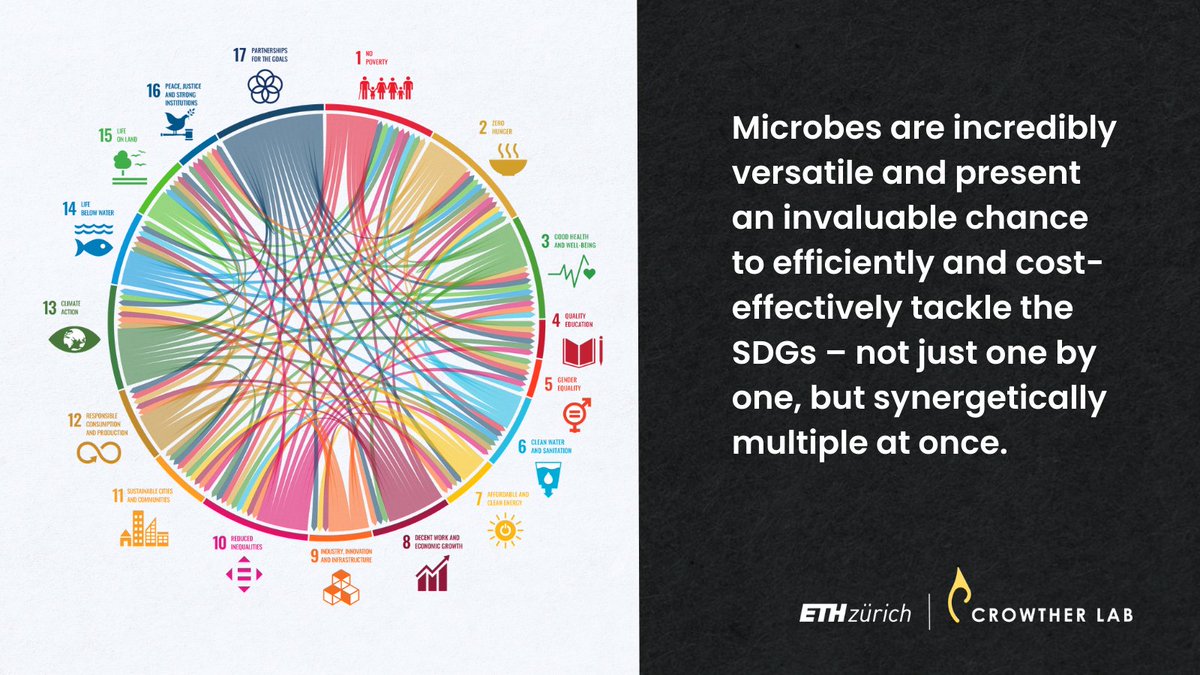
Lisa Y. Stein Laboratory
@climatemicro
Academic team focusing on research and innovation in nitrogen and methane cycles and mitigating GHG emissions.
ID: 1766522915355529216
https://climatechangemicrobiology.com 09-03-2024 17:54:33
48 Tweet
81 Followers
132 Following

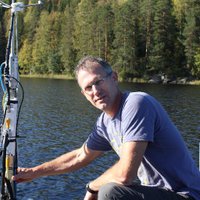


Congratulations 🎉 🎉 Wouter Lenferink et al . Long in the making, finally online at Science Magazine advance: #Hydroxylamine production by Alcaligenes faecalis challenges the paradigm of heterotrophic #nitrification #microbiology Radboud University .@RIBESresearch science.org/doi/10.1126/sc…


Nitrous oxide respiration in acidophilic methanotrophs Awala Samuel Imisioluwa Joo-Han Gwak Sung-Keun Rhee Michael Wagner et al. show that these bacteria can respire N2O and grow anaerobically on non-methane substrates such as methanol, C-C substrates, and hydrogen nature.com/articles/s4146…



The third form of life, the archaea, developed a complex hydrogen economy billions of years ago. In The Conversation - Australia + New Zealand, we explain how this has shaped climate change and even our own evolution. Based on our latest papers in Cell and Nature Communications. theconversation.com/some-of-earths…

Great summary of our latest article at Nature Reviews Microbiology (Nature Reviews Microbiology). nature.com/articles/s4157…

Long in the making, finally out Dr. Paula Dalcin Martins et al : Sulfide Toxicity as Key Control on #Anaerobic Oxidation of #Methane in Eutrophic Coastal Sediments #microbiology @RIBESresearch Supported by SIAM-microbiology European Research Council (ERC) pubs.acs.org/doi/10.1021/ac…
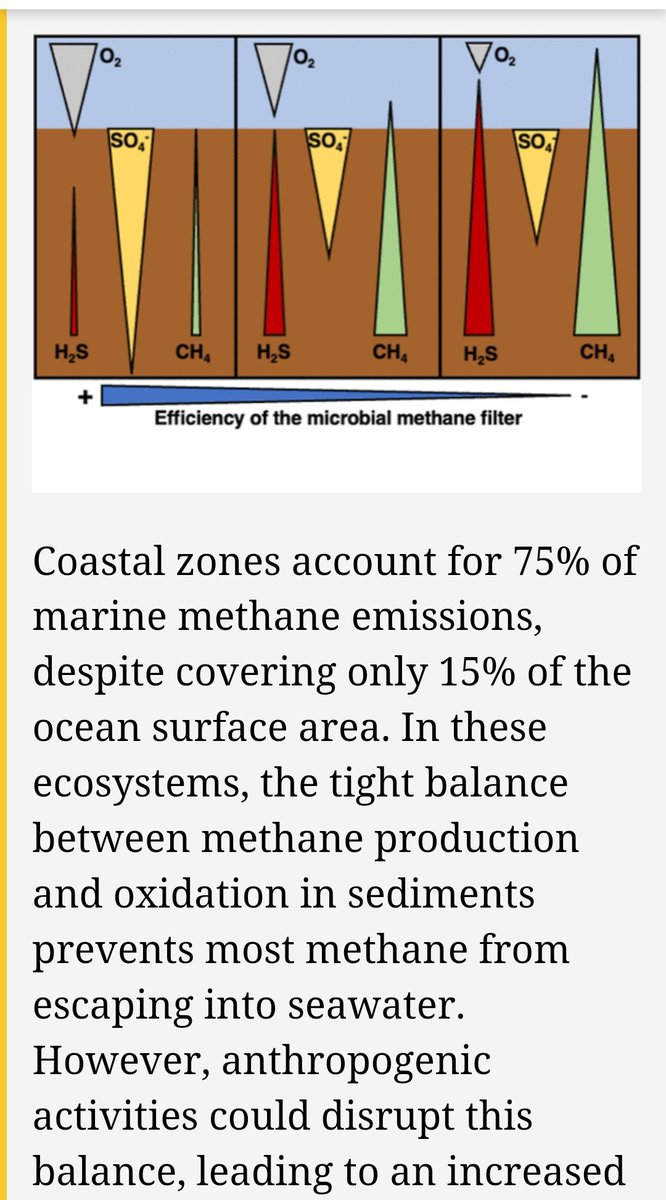



Absolutely thrilled to see our work feature on the cover of the current issue of Nature Reviews Microbiology Amazing team of superstars Christian R Voolstra et al. Check out how microbiome-based interventions can promote coral health and reef resilience: nature.com/articles/s4157…

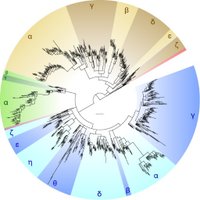

Calling all CH4 people: GLEON Society of Canadian Aquatic Sciences MethaneNet





After #CO2, #Methane is the most abundant greenhouse gas driving #ClimateChange. Researchers are exploring methane removal technologies. A new National Academies report lays out a research agenda to assess its need and potential: nap.nationalacademies.org/catalog/27157



